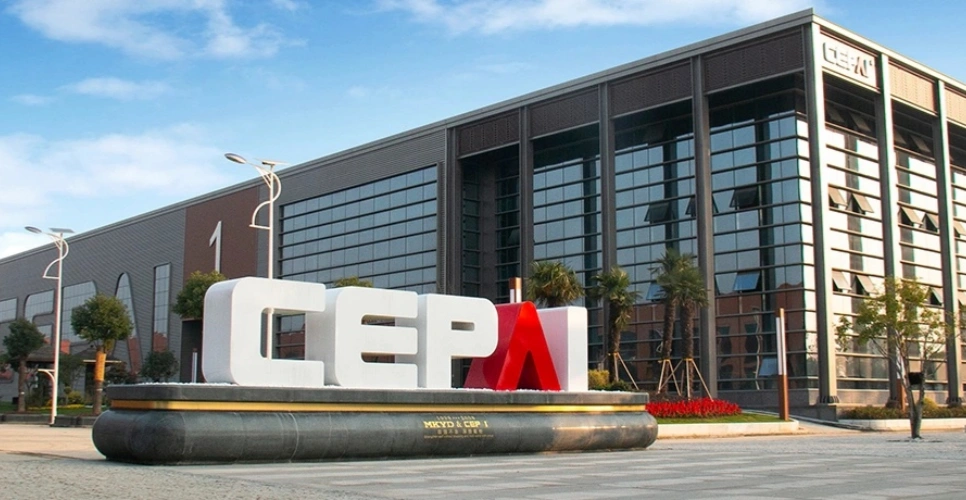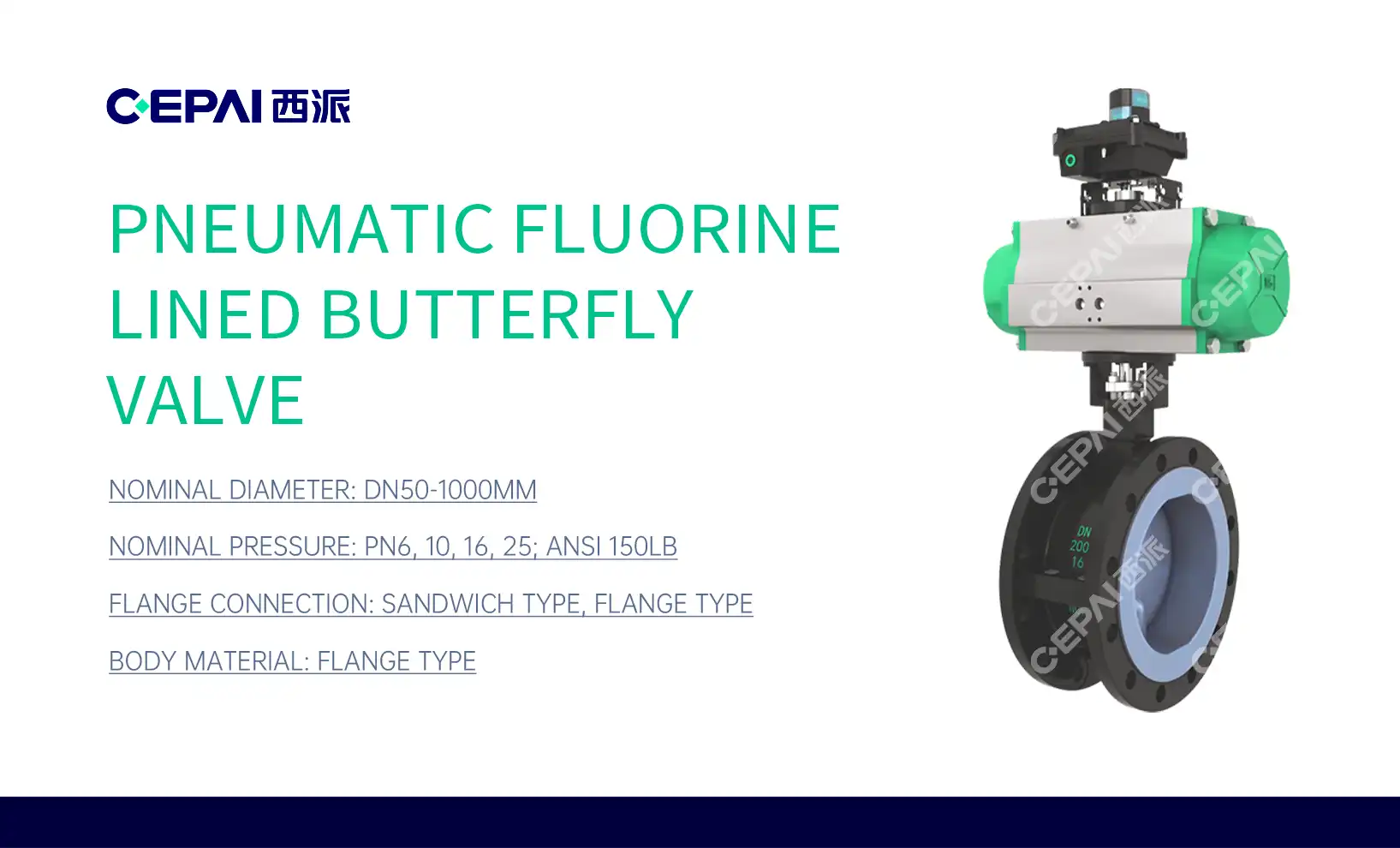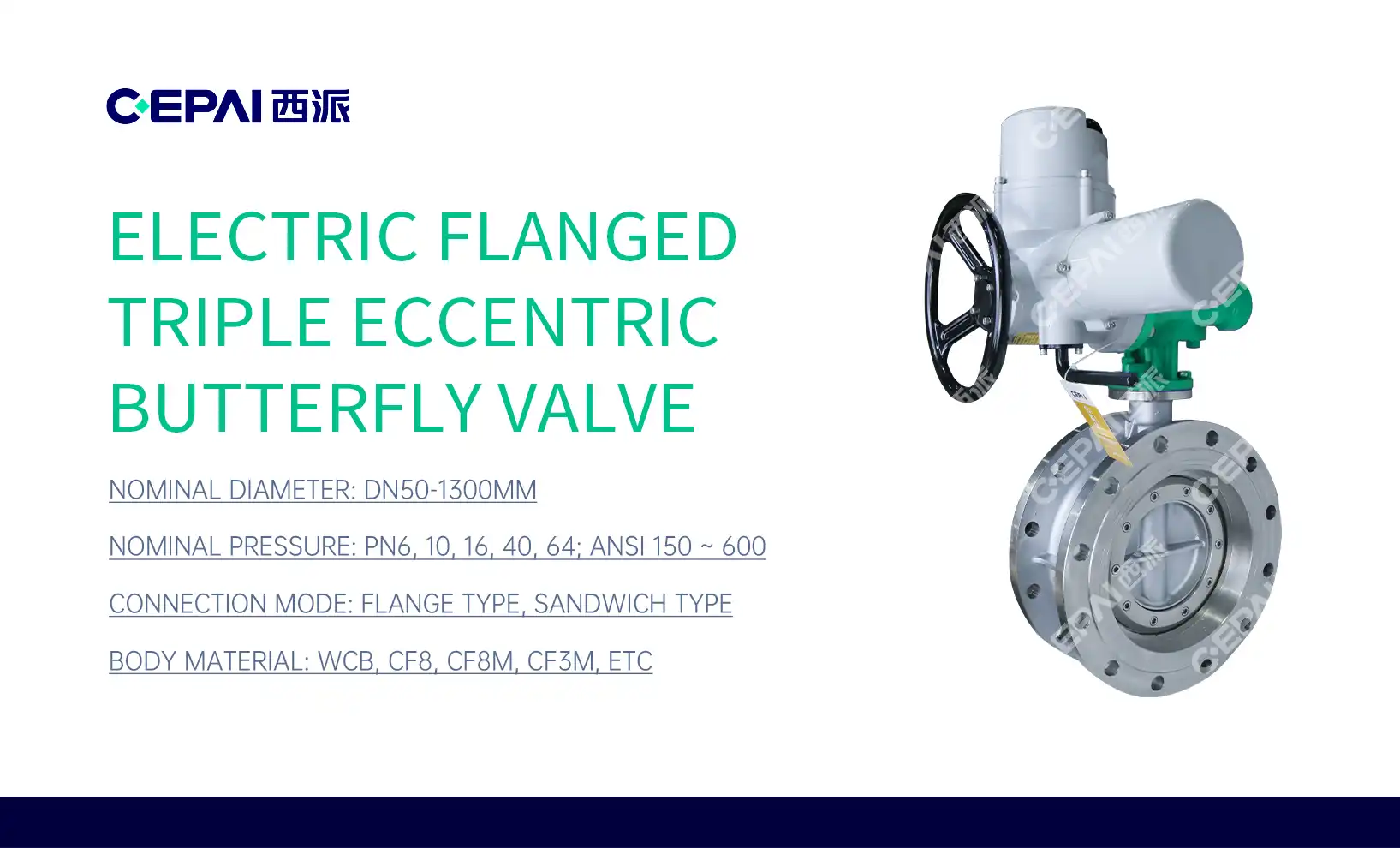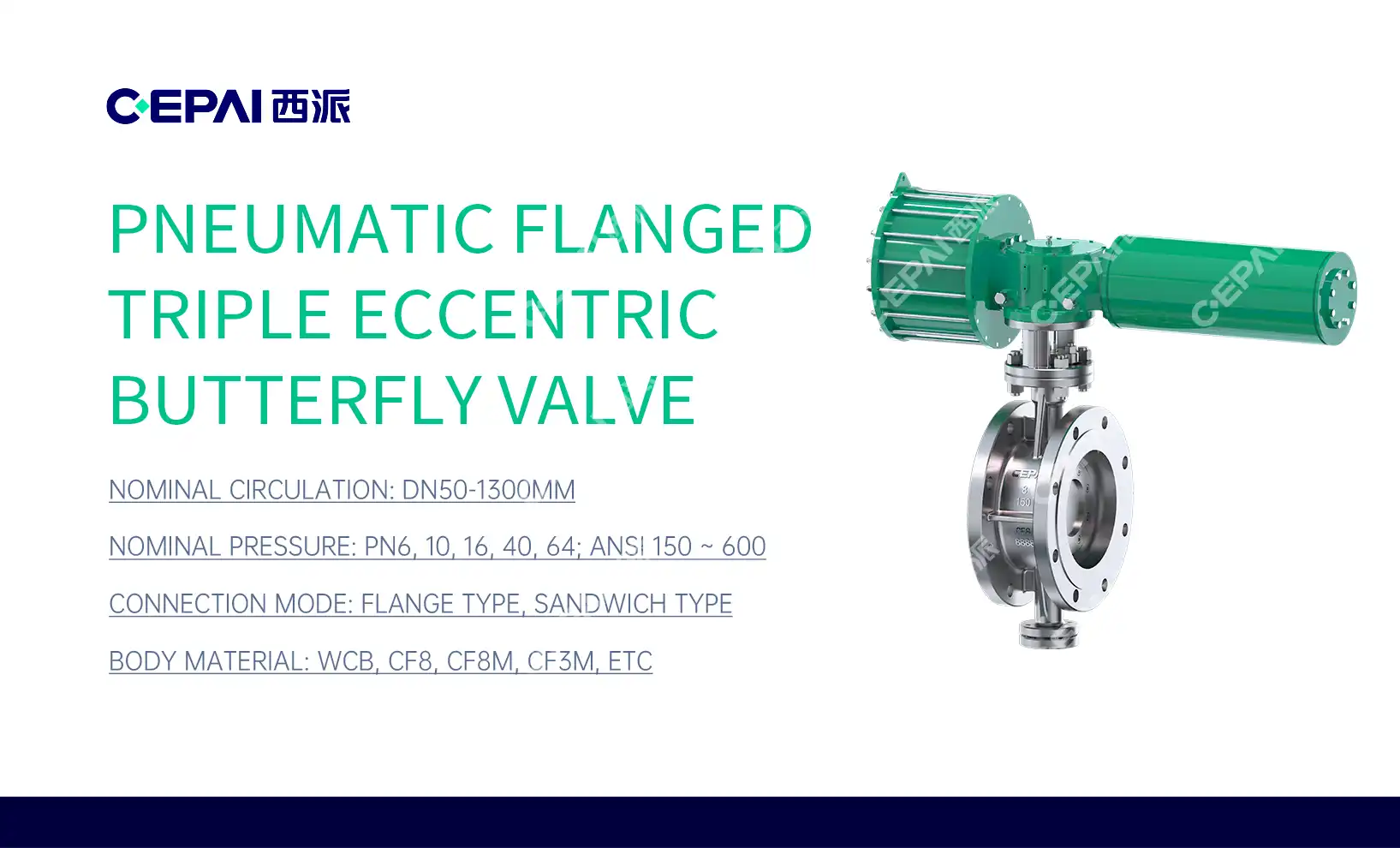The Importance of Material Selection in Pharmaceutical Manufacturing
Ensuring Product Purity and Safety
In the pharmaceutical industry, maintaining product purity and safety is paramount. The choice of materials used in manufacturing equipment, including control valves, directly impacts the quality of the final product. Stainless steel control valves excel in this regard due to their non-reactive nature and resistance to corrosion. These properties prevent contamination of pharmaceutical products and ensure that the active ingredients remain unaltered throughout the production process.
Moreover, stainless steel control valves can withstand frequent cleaning and sterilization procedures without degrading or releasing harmful substances. This resilience is crucial in maintaining a sterile environment and preventing the growth of microorganisms that could compromise product safety. The smooth surface of stainless steel also minimizes the risk of particle shedding, further enhancing the purity of pharmaceutical formulations.
Compliance with Regulatory Standards
Pharmaceutical manufacturing is subject to strict regulatory standards set by organizations such as the FDA and EMA. These regulations often mandate the use of specific materials that meet rigorous quality and safety requirements. Stainless steel control valves are widely accepted in the industry due to their compliance with these standards.
The use of stainless steel control valves helps pharmaceutical plants meet Good Manufacturing Practice (GMP) guidelines, which are essential for obtaining and maintaining regulatory approvals. These valves can be easily validated and documented, streamlining the compliance process and reducing the risk of regulatory issues that could lead to production delays or costly recalls.
Long-term Cost-effectiveness
While the initial investment in stainless steel control valves may be higher compared to other materials, they offer significant long-term cost benefits for pharmaceutical plants. The durability and corrosion resistance of stainless steel translate to extended service life and reduced maintenance requirements. This longevity means fewer replacements and less downtime, resulting in improved operational efficiency and lower total cost of ownership.
Additionally, the versatility of stainless steel control valves allows them to be used across various applications within a pharmaceutical plant, reducing inventory complexity and associated costs. Their ability to withstand a wide range of temperatures and pressures also contributes to their cost-effectiveness by eliminating the need for multiple specialized valves in different process areas.
Key Features of Stainless Steel Control Valves in Pharmaceutical Applications
Corrosion Resistance and Chemical Compatibility
One of the most critical features of stainless steel control valves in pharmaceutical applications is their exceptional corrosion resistance. Pharmaceutical manufacturing often involves the use of aggressive chemicals, acids, and cleaning agents that can quickly degrade less resistant materials. Stainless steel, particularly grades such as 316L, offers superior protection against a wide range of corrosive substances, ensuring the integrity of the valve and the purity of the product.
This chemical compatibility extends to both the process fluids and the cleaning solutions used in sanitization procedures. Stainless steel control valves can withstand repeated exposure to harsh cleaning agents without deterioration, maintaining their performance and hygiene standards over time. This resilience is crucial in preventing contamination and ensuring consistent product quality throughout the manufacturing process.
Precision Control and Flow Characteristics
Pharmaceutical manufacturing requires precise control over various processes, including mixing, dosing, and temperature regulation. Stainless steel control valves offer excellent precision and repeatability in flow control, allowing for accurate manipulation of process variables. This precision is essential for maintaining consistent product quality and meeting stringent formulation requirements.
Advanced stainless steel control valves often feature specialized trim designs that optimize flow characteristics for specific pharmaceutical applications. These designs can include features such as equal percentage or linear flow characteristics, which provide better control over a wide range of operating conditions. The ability to finely tune flow rates and pressures contributes to improved process efficiency and product consistency.
Hygienic Design and Cleanability
Hygiene is a top priority in pharmaceutical manufacturing, and stainless steel control valves are designed with this in mind. The smooth surface finish of stainless steel minimizes areas where bacteria or contaminants can accumulate, making these valves inherently more hygienic than those made from other materials. Many stainless steel control valves used in pharmaceutical applications feature electropolished surfaces, further enhancing their cleanability and reducing the risk of product contamination.
The design of stainless steel control valves often incorporates features that facilitate easy cleaning and sterilization. These may include minimized crevices, self-draining configurations, and easily disassembled components for thorough cleaning. Such design elements are crucial for maintaining a sterile production environment and complying with regulatory requirements for hygiene in pharmaceutical manufacturing.
Advanced Applications and Future Trends in Pharmaceutical Valve Technology
Integration with Smart Manufacturing Systems
As the pharmaceutical industry moves towards Industry 4.0 and smart manufacturing, stainless steel control valves are evolving to integrate seamlessly with these advanced systems. Modern valves often incorporate sensors and communication capabilities that allow for real-time monitoring of valve performance, flow rates, and other critical parameters. This integration enables predictive maintenance, reducing downtime and improving overall equipment effectiveness.
Advanced stainless steel control valves can now be part of a larger Industrial Internet of Things (IIoT) ecosystem within pharmaceutical plants. This connectivity facilitates data-driven decision-making, process optimization, and enhanced quality control. The ability to remotely monitor and adjust valve settings contributes to increased operational efficiency and enables more flexible manufacturing processes.
Customization for Specialized Pharmaceutical Processes
The diverse nature of pharmaceutical manufacturing processes often requires specialized valve solutions. Manufacturers of stainless steel control valves are responding to this need by offering customized designs tailored to specific applications. These may include valves optimized for handling high-purity gases, ultra-low flow rates, or extreme temperature conditions encountered in certain pharmaceutical processes.
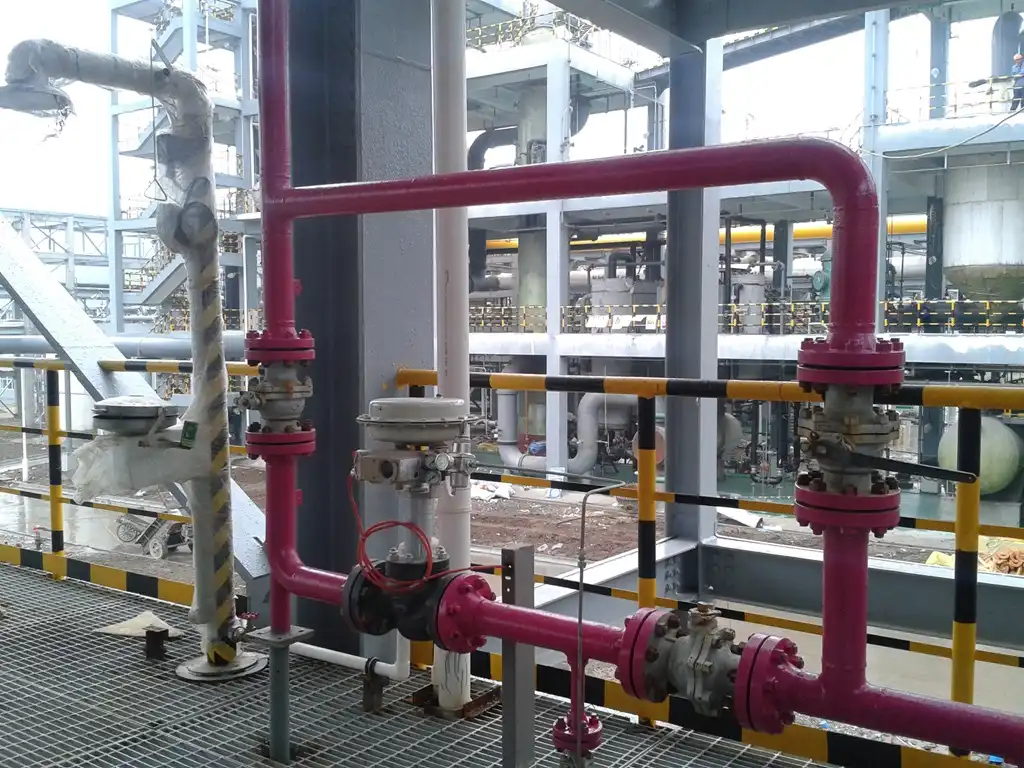
Customization can also extend to the materials used in valve construction. While traditional stainless steel remains popular, some applications may benefit from advanced alloys or composite materials that offer enhanced performance characteristics. This tailored approach ensures that pharmaceutical plants can select the most suitable valve solution for each unique process requirement.
Sustainability and Energy Efficiency
As sustainability becomes an increasingly important consideration in pharmaceutical manufacturing, stainless steel control valves are being designed with energy efficiency in mind. Advanced valve designs can minimize pressure drops and reduce energy consumption in fluid handling systems. Some valves now incorporate energy recovery features that capture and utilize waste energy from the process.
Additionally, the longevity and recyclability of stainless steel contribute to the overall sustainability of pharmaceutical operations. By choosing durable stainless steel control valves, plants can reduce waste associated with frequent valve replacements and minimize their environmental impact. This aligns with the growing emphasis on sustainable manufacturing practices within the pharmaceutical industry.
Conclusion
Stainless steel control valves have become indispensable components in modern pharmaceutical manufacturing. Their unique combination of corrosion resistance, precision control, and hygienic design makes them ideally suited for the demanding requirements of pharmaceutical production. As the industry continues to evolve, these valves are adapting to meet new challenges, from integration with smart manufacturing systems to addressing sustainability concerns. By choosing high-quality stainless steel control valves, pharmaceutical plants can ensure product safety, regulatory compliance, and operational efficiency, ultimately contributing to the production of safe and effective medications for patients worldwide.
Frequently Asked Questions (FAQ)
1. Why are stainless steel control valves preferred in pharmaceutical plants?
Stainless steel control valves are preferred due to their corrosion resistance, hygienic properties, and compliance with industry regulations.
2. How do stainless steel control valves contribute to product purity?
They prevent contamination through their non-reactive nature and smooth surfaces that resist bacterial growth.
3. Are stainless steel control valves cost-effective for pharmaceutical plants?
Yes, despite higher initial costs, they offer long-term savings through durability and reduced maintenance needs.
4. Can stainless steel control valves be integrated with smart manufacturing systems?
Modern stainless steel control valves often include sensors and communication capabilities for integration with Industry 4.0 systems.
5. How do these valves support sustainability in pharmaceutical manufacturing?
They contribute to sustainability through energy-efficient designs, longevity, and recyclability of materials.
High-Quality Stainless Steel Control Valves for Pharmaceutical Applications | CEPAI
CEPAI Group Co., Ltd. is a leading manufacturer of high-precision stainless steel control valves tailored for the pharmaceutical industry. Our state-of-the-art production facilities, including the longest high-precision intelligent manufacturing flexible production line in the Asia Pacific region, ensure unparalleled quality and innovation. As a trusted supplier and manufacturer, we offer customized solutions to meet the unique demands of pharmaceutical plants worldwide. For expert guidance on selecting the ideal stainless steel control valve for your application, contact our team at cepai@cepai.com.
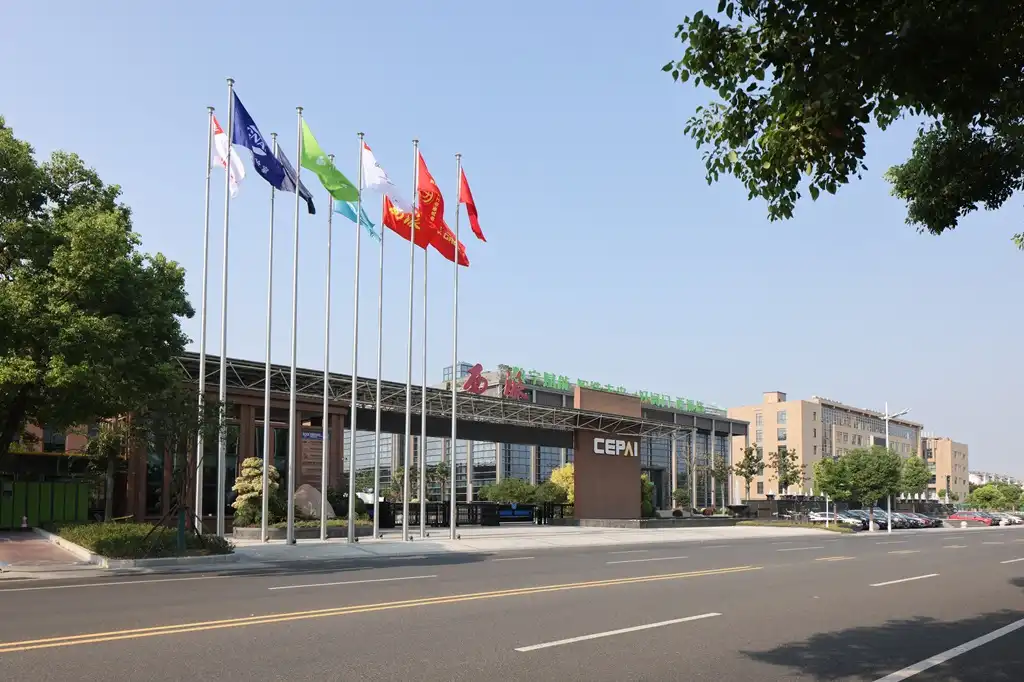
References
Johnson, M. (2022). "Advancements in Stainless Steel Valve Technology for Pharmaceutical Applications." Journal of Pharmaceutical Engineering, 45(3), 112-128.
Smith, A., & Brown, R. (2021). "Regulatory Compliance and Material Selection in Pharmaceutical Manufacturing." Pharmaceutical Technology, 33(2), 56-72.
Lee, S. et al. (2023). "Hygienic Design Principles for Control Valves in Biopharmaceutical Processing." Biotechnology Progress, 39(1), e3252.
Thompson, K. (2020). "Cost-Benefit Analysis of Advanced Control Valve Materials in Pharmaceutical Production." Industrial & Engineering Chemistry Research, 59(18), 8721-8735.
Garcia, F., & Wilson, T. (2022). "Integration of Smart Valve Technologies in Pharma 4.0 Environments." Journal of Smart Manufacturing Systems, 11(4), 301-315.
Patel, R. (2023). "Sustainability Initiatives in Pharmaceutical Equipment: Focus on Valve Selection and Efficiency." Green Chemistry Letters and Reviews, 16(2), 145-159.

_1746598525968.webp)
